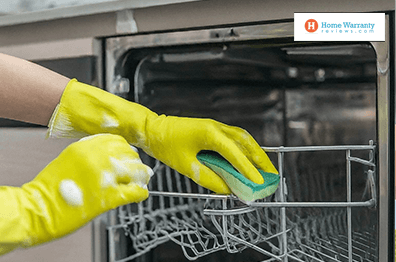 Dishwasher Troubleshooting and Maintenance Tips
Dishwasher Troubleshooting and Maintenance Tips
Dishwashers are a modern marvel, freeing us from the drudgery of handwashing dishes. But even these valiant wa ...
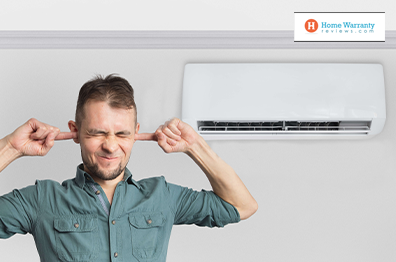 Solved - Why Is My AC Making Loud Sounds & How To Fix It?
Solved - Why Is My AC Making Loud Sounds & How To Fix It?
Ever feel like your AC is auditioning for a percussion band with its latest noisy performance? A sudden increa ...
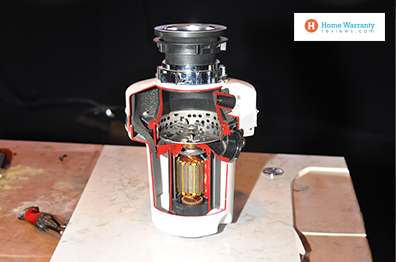 A Homeowner’s Guide To Why Garbage Disposals Hum & How to Fix Them
A Homeowner’s Guide To Why Garbage Disposals Hum & How to Fix Them
The garbage disposal, a modern marvel of kitchen convenience, can quickly become frustrating when it starts hu ...
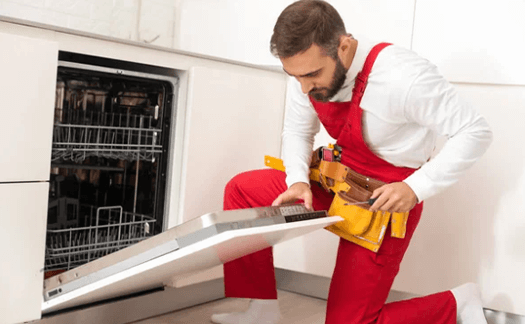 5 Common Causes & Fixes For Leaking Dishwashers
5 Common Causes & Fixes For Leaking Dishwashers
A leaking dishwasher might seem like a minor inconvenience, but ignoring it can lead to significant issues for ...
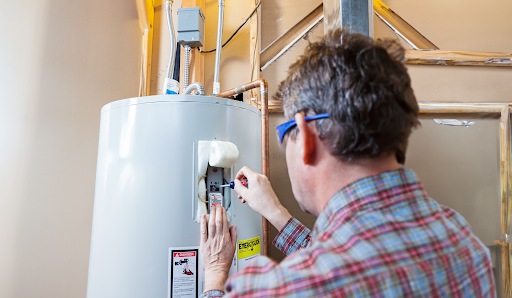 Furnace Upgrade Essentials: Navigating Costs, Estimates, and More
Furnace Upgrade Essentials: Navigating Costs, Estimates, and More
Furnaces are vital in providing a comfortable temperature and improving air quality. This home equipment enhances overall well-being and livability. ...
 Fixing Common Dishwasher Problems: A Step-by-Step Guide
Fixing Common Dishwasher Problems: A Step-by-Step Guide
The convenience of having a dishwasher in one's home is undeniable. It automatically sterilizes used cutlery so homeowners may focus on other duties. ...
